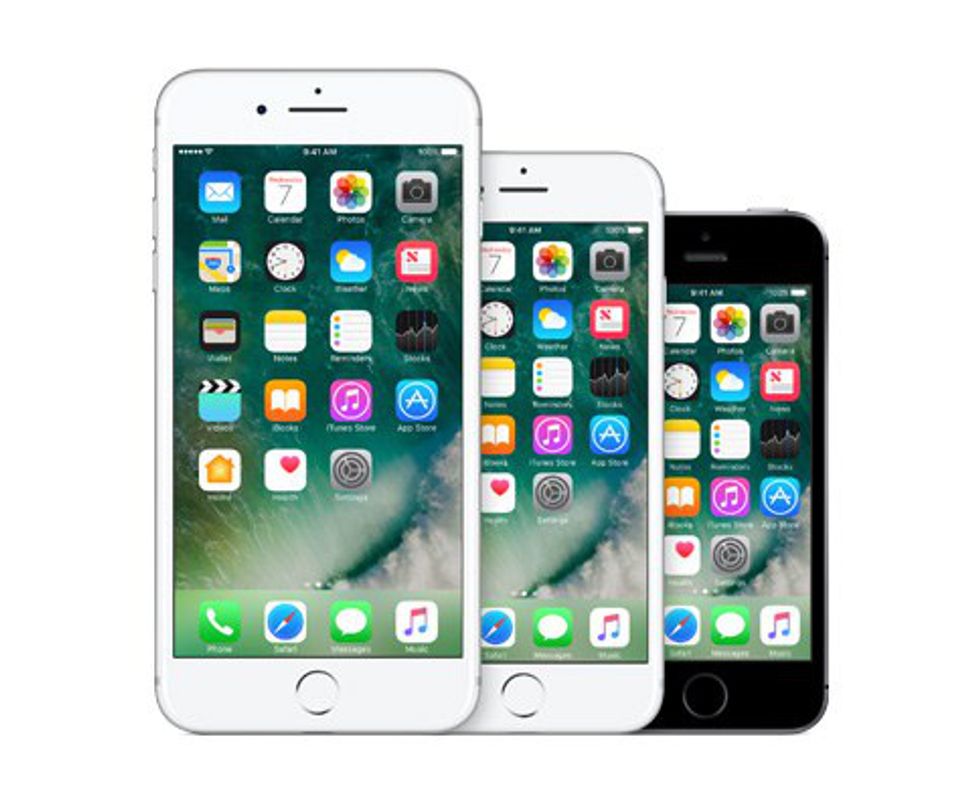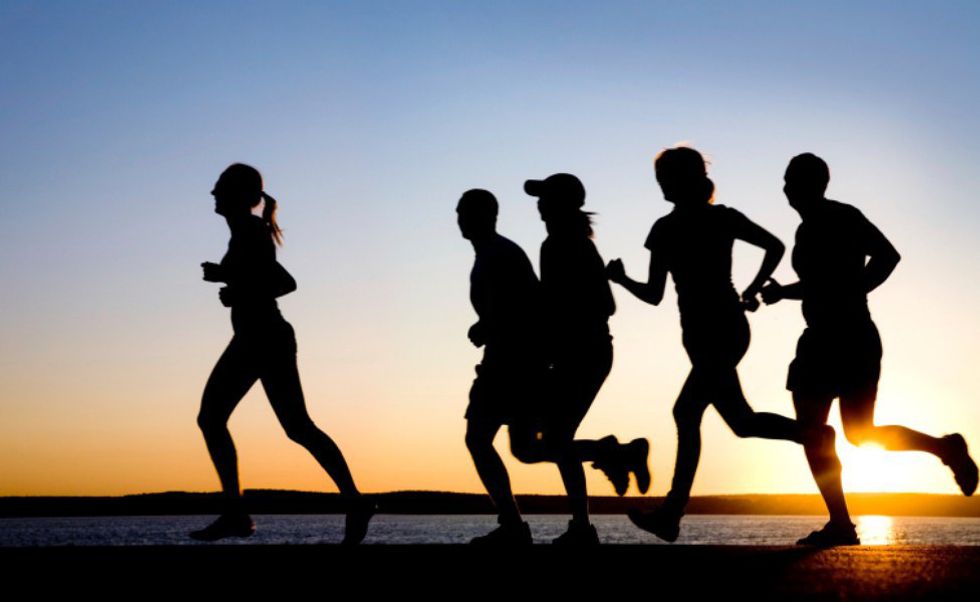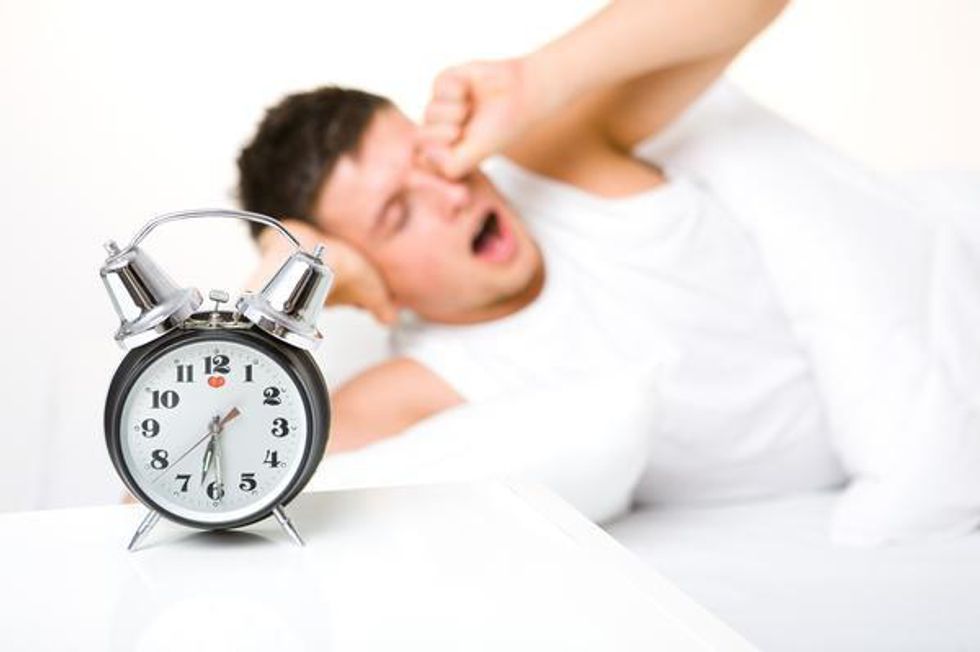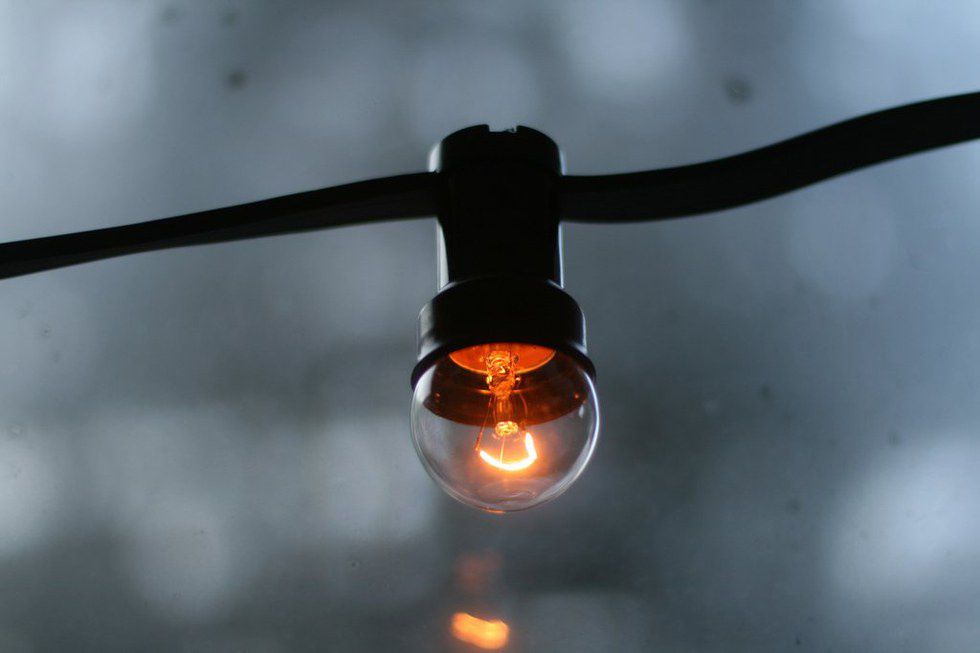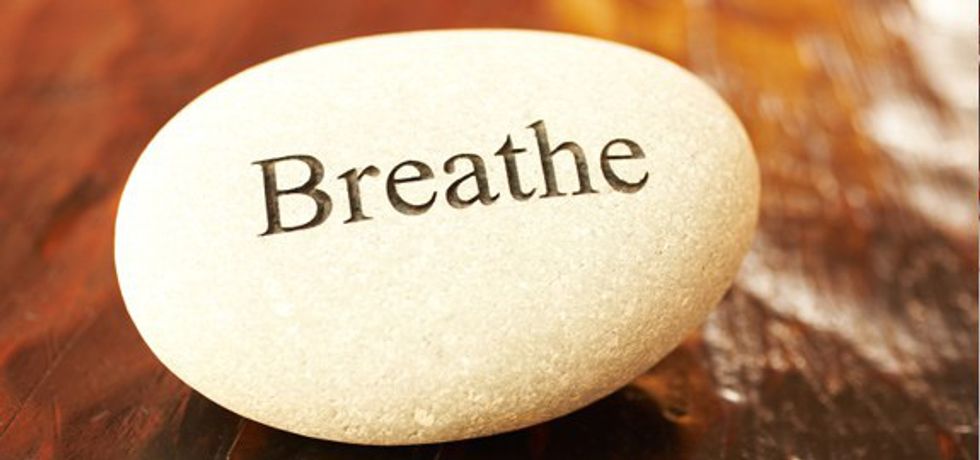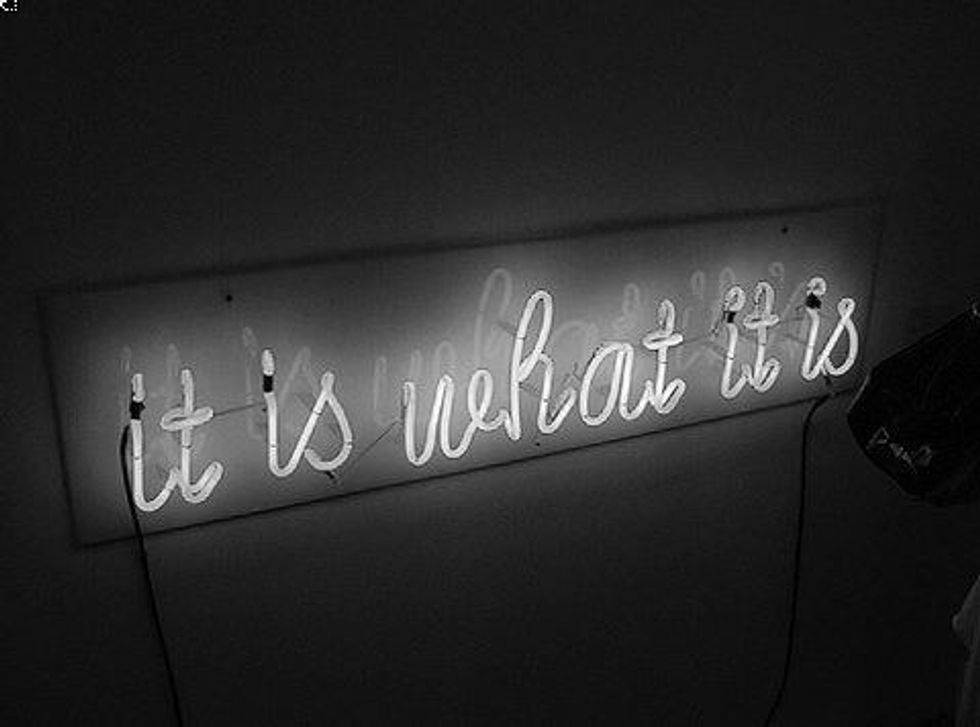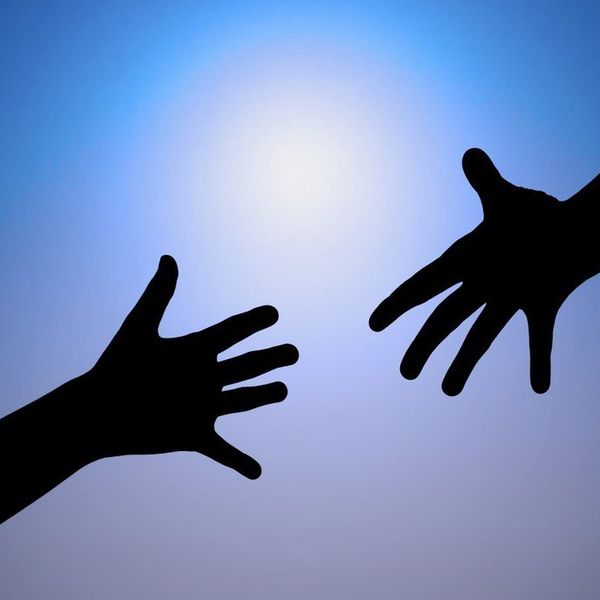We've all been there. You get in bed and just can't fall asleep. You adjust positions, but you're still lying in bed thinking about why you can't drift into sleep. I've had some sleeping issues recently, and while they're annoying, there are many things you can do to sleep better.
Things to do during the day and before you get into bed:
1. Stop looking at your phone, tablet, or computer. The blue light
from your devices keeps your brain alert. Therefore, if you use these
devices up until you go to sleep, you may have difficulty catching
some zzs. This is honestly much easier said than done, because most people are reliant on technology to some extent. It's best if you can stop using your devices at least an hour ahead of when you go to sleep. If you feel that this isn't possible, it me be beneficial to
invest in some special glasses to wear to prevent the impact of the blue light.
2. Don't nap as much. For many people this won't be a huge option, as there isn't much time in the day for napping, but for college students who have more free time during the day, naps should be kept to 30 minutes max. Naps longer than that will only make it harder to fall asleep the next night. If you have to nap, nap in the earlier part of the day and keep it short. I've found that even when I'm exhausted, napping for more than 30 minutes only makes me more tired. Instead of napping, you can conquer mid-afternoon slumps with some quick exercise.
3. Exercise. I've noticed that when I work out, I sleep much better.
Even if you are pushing your mind all day, if you don't push your body
at all and sit all day, it may be harder to fall asleep. No matter how
little you do, any exercise is better than none! Plus, you get the
added benefit of looking and feeling better. Make sure to stop
exercising at least 2 or 3 hours before you go to bed, though, as a
post-workout burst of energy can keep you awake.
4. Only use your bed for sleep (and intimacy). It may be tempting to watch Netflix or do reading on your bed, but if you're on it all the
time, you will be tricking your brain into thinking that your bed is
not for sleep. Then, when you get into bed and try to fall asleep, it
may be difficult.
5. Go to bed and wake up at (around) the same time every day. If you go to bed and wake up at the same time each day, your body and brain will develop an established sleep-wake schedule that will make going to sleep much easier each night.
6. Say Caio to caffeine (after a certain time). Let's face it. Most of
us have developed somewhat of a need for caffeine to start our days.
While a cup of coffee is fine for most in the morning, having more
than one cup, or having caffeine in the afternoon, can lead to making
it difficult to fall asleep at night. If you feel that you absolutely
need caffeine in the afternoon, you can always drink some soda (like
Coke, Pepsi etc) that has a little caffeine, but far less than coffee
does.
7. Eat right. While what you eat during the day probably won't have a huge impact on your sleep, eating too close to bedtime can majorly
impact your digestive system. If you are having difficulties digesting
something, your stomach may hurt, which can make it quite difficult to sleep. I try to stop eating around an hour before I go to sleep.
8. Avoid the Alcohol. While many turn to drinking when they can't
sleep, alcohol actually only helps you fall asleep, not stay asleep.
Instead of alcohol, try some warm milk or chamomile tea.
9. Gradually lower the lights. Your body produces something called melatonin in response to experiencing darkness or the onset of it. This is one of the key things that needs to happen in your brain before you can fall asleep. To experience increased production of melatonin, turn down the lights gradually as you get closer and closer to bed time.
10. Treat noise as nonsense. Try to avoid sleeping in a loud
environment. It can be quite disruptive if you are trying to fall
asleep, and your neighbor or roommate is blasting music. In order to
prevent these disruptions, invest in some ear plugs or use a fan to
block out the noise.
11. Gradually free your mind and relax. As you get closer to bed time, try to stop doing anything super important and relax and reflect. Instead, calm yourself with some deep breathing, read interesting pages, and listen to some calming music.
What to do when you can't sleep
12. Avoid sleeping pills if you can. While they can help with falling
asleep, they are often habit-forming. For that reason, I'd talk to a
doctor before getting a prescription.
13. If you are tossing and turning and can't fall asleep within 20
minutes, try to get out of bed and do something else. If you continue to lay in bed, you may be telling your brain that your bed is a place for wakefulness.
14. Don't go on your phone. There are many reasons why you shouldn't go on your phone if you can't fall asleep: it will stimulate your brain and will foster concern when you see the time. Instead, get up and read a book or perform some other activity until you're tired.
15. Just go with what's happening. I've noticed that when I worry about not being able to fall asleep, it only makes it harder. Instead, challenge your brain to stay up all night, it will likely rebel. The worst that can happen is getting no sleep at all, and getting no sleep by no means will be the end of the world.




